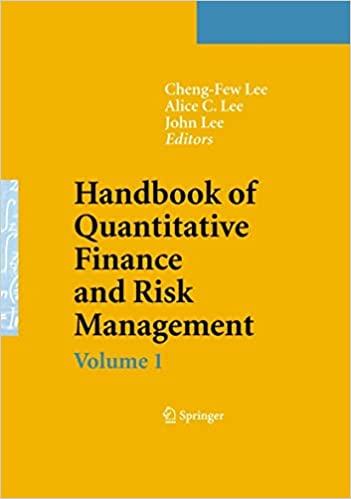Answered step by step
Verified Expert Solution
Question
1 Approved Answer
13. Jack has now $1,000. How much would he have after 6 years if he leaves it invested at 5.5% with annual compounding? A. $1,378.84
13. Jack has now $1,000. How much would he have after 6 years if he leaves it invested at 5.5% with annual compounding?
A. $1,378.84
B. $1,622.20
C. $1,654.95
D. $1,678.84
E. None of the above.
14. George is 45 years old. He is planning to have $1,000,000 when he retires at 65. He decided to start saving deposits at the beginning of each year at the National Bank at a rate of 6%, compounded annually. What must his annual deposit be to reach his goal?
A. $50,000.00
B. $27,184.56
C. $25,645.82
D. $114,369.11
E. None of the above.
15. You plan to invest in bonds that pay 4.0%, compounded annually. If you invest $20,000 today, how many years will it take for your investment to grow to $30,000?
A. 5.37.
B. 7.74.
C. 8.27.
D. 10.34.
E. None of the above.
16. At a rate of 6.5%, what is the future value of the following cash flow stream? Year 0: $0, Year 1: $75, Year 2: $225, Year 3: $0, Year 4: $300.
A. $526.01.
B. $553.69.
C. $582.83.
D. $645.80.
E. None of the above.
Step by Step Solution
There are 3 Steps involved in it
Step: 1

Get Instant Access to Expert-Tailored Solutions
See step-by-step solutions with expert insights and AI powered tools for academic success
Step: 2

Step: 3

Ace Your Homework with AI
Get the answers you need in no time with our AI-driven, step-by-step assistance
Get Started


